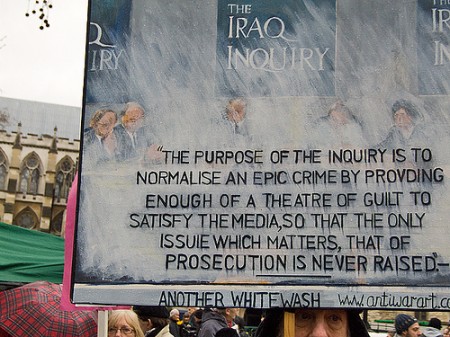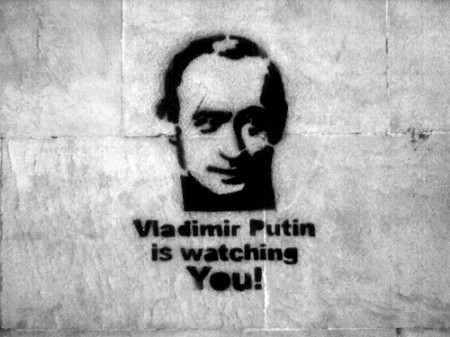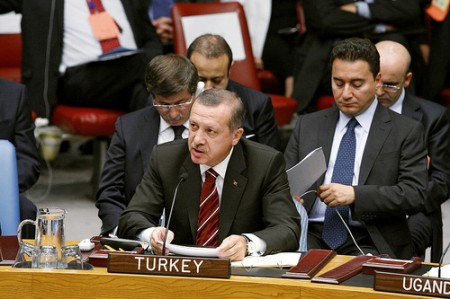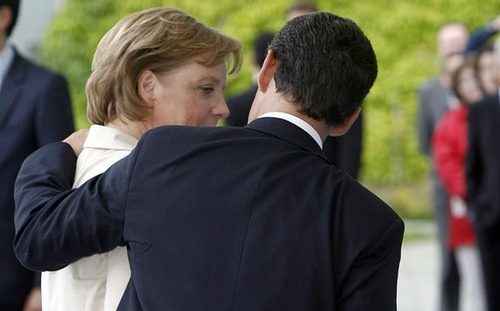
Former UK Prime Minister Tony Blair will be recalled for a second round of questioning after conflicting testimonies were given to the Iraq Inquiry.
It is unclear, however, what the consequences could be if Blair is found guilty of promoting false information regarding the existence of weapons of mass destruction (WMD) in making the case for war. There seems to be a culture of inquiry in the UK that reinforces our democratic conscience but often results in ambiguous or anticlimactic conclusions.
BBC reports in 2003 quoted a government source claiming the 45-minute dossier had been ‘sexed up’ to justify the Iraq invasion. The Hutton Inquiry was held after the source, Ministry of Defence employee David Kelly, was found dead having apparently committed suicide. The inquiry cleared the government of any wrongdoing and heavily criticized the BBC’s actions – a verdict widely condemned by the press as a whitewash.




